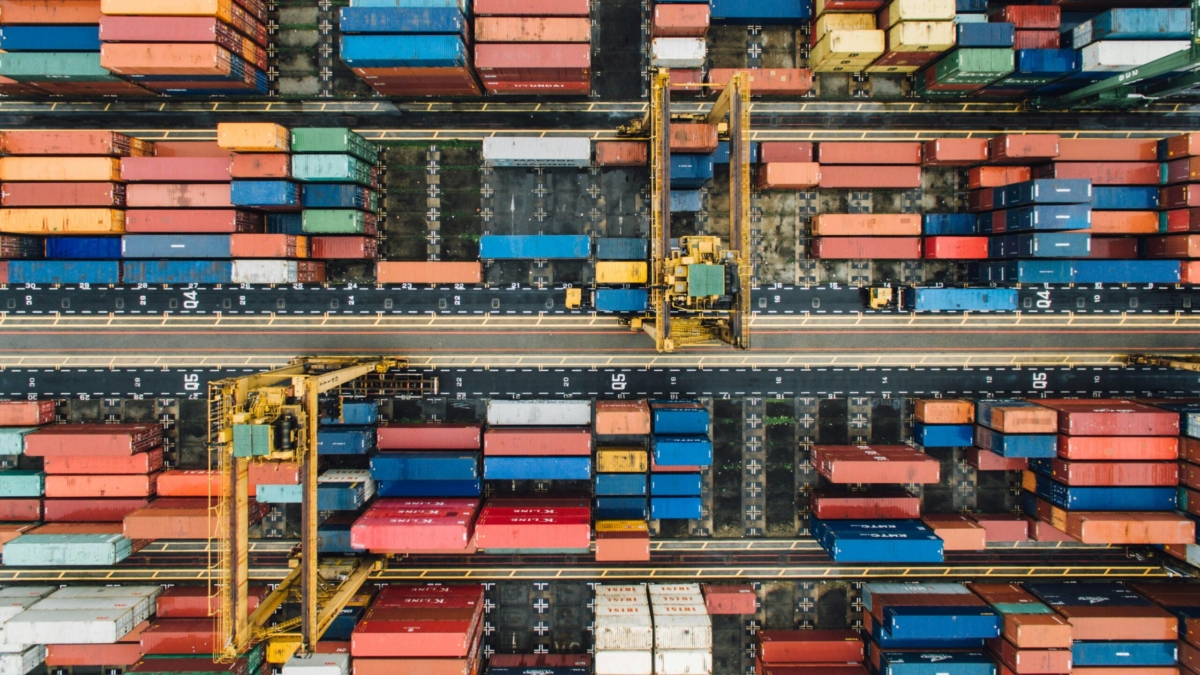As tariffs continue to dominate economic discussions, their effects are being felt across industries and supply chains. While typically viewed as instruments of trade policy, tariffs are also emerging as an unexpected factor in environmental conversations—specifically in their influence on embodied carbon. Embodied carbon refers to the emissions produced throughout a product’s lifecycle, from raw material extraction to manufacturing and transportation. As global economies adapt to shifting trade policies, an unintended yet significant consequence may be the reshaping of supply chains in ways that affect carbon emissions.
The Role of Tariffs in Shaping Manufacturing Practices
One of the key outcomes of tariff policies is the potential boost to domestic manufacturing, which in some cases leads to reduced carbon intensity. Countries with stricter environmental regulations and greater access to cleaner energy sources generally produce goods with lower embodied carbon. For instance, steel and aluminum produced in regions with high renewable energy penetration tend to have a smaller carbon footprint than materials manufactured in coal-dependent economies. If tariffs make domestic production more economically viable, they could indirectly encourage cleaner manufacturing processes, ultimately contributing to lower global emissions.
Transportation Emissions and Localized Supply Chains
A major contributor to embodied carbon is the transportation of goods across long distances. Importing materials such as steel and aluminum often involves energy-intensive shipping, which relies on bunker fuel—a high-emission energy source responsible for releasing sulfur oxides, nitrogen oxides, and CO2 into the atmosphere. By incentivizing more localized production and supply chains, tariffs may inadvertently help reduce emissions associated with global freight, further supporting sustainability efforts.
Addressing the Risk of Carbon Leakage
Despite these potential benefits, there are challenges to consider. One concern is carbon leakage, where emissions are not reduced but merely shifted elsewhere. If tariffs lead companies to relocate manufacturing to countries with weaker environmental standards, the net impact on global emissions could be neutral or even negative. To counteract this risk, policies such as border carbon adjustments (BCAs) can be introduced to ensure that imported goods face similar environmental costs as domestic alternatives, maintaining a level playing field while discouraging high-carbon production shifts.
The Evolving Conversation on Trade and Sustainability
Tariffs alone are not designed as environmental tools, nor are they a comprehensive solution for reducing embodied carbon. However, their influence on global trade dynamics highlights an evolving intersection between economic policy and sustainability. As industries adapt, companies and policymakers may benefit from considering life cycle assessments (LCAs) and other carbon accounting strategies to better understand the emissions embedded in their supply chains. By integrating environmental considerations into trade policy discussions, governments have an opportunity to support both economic resilience and carbon reduction efforts.

